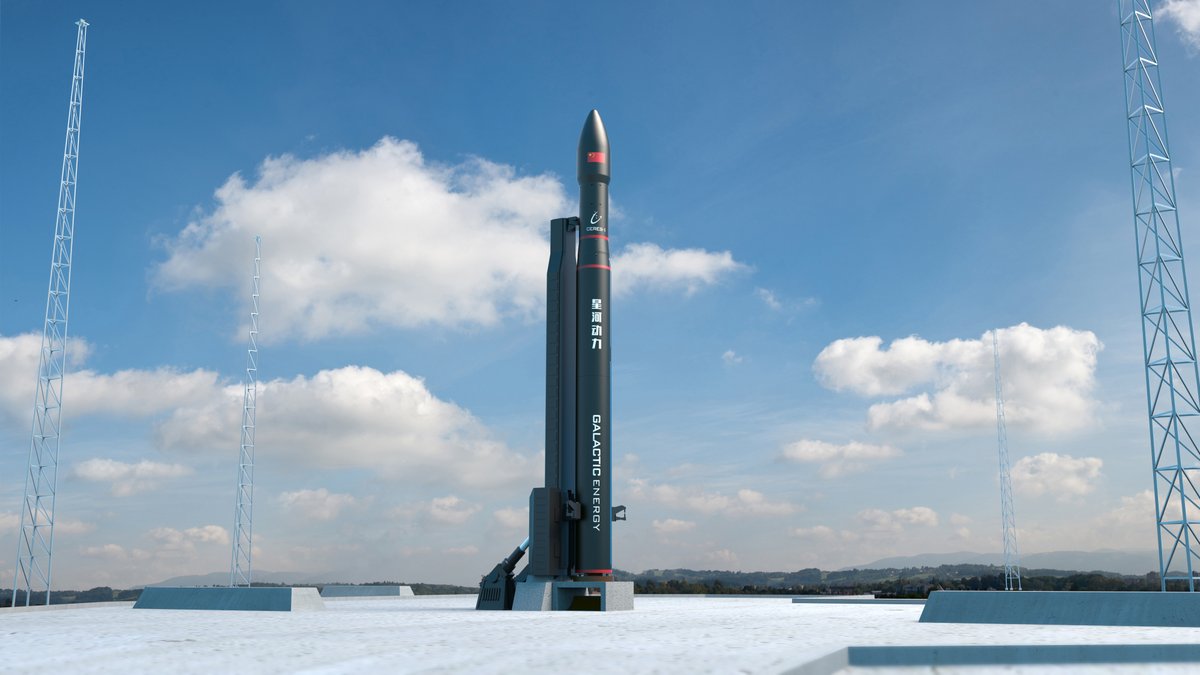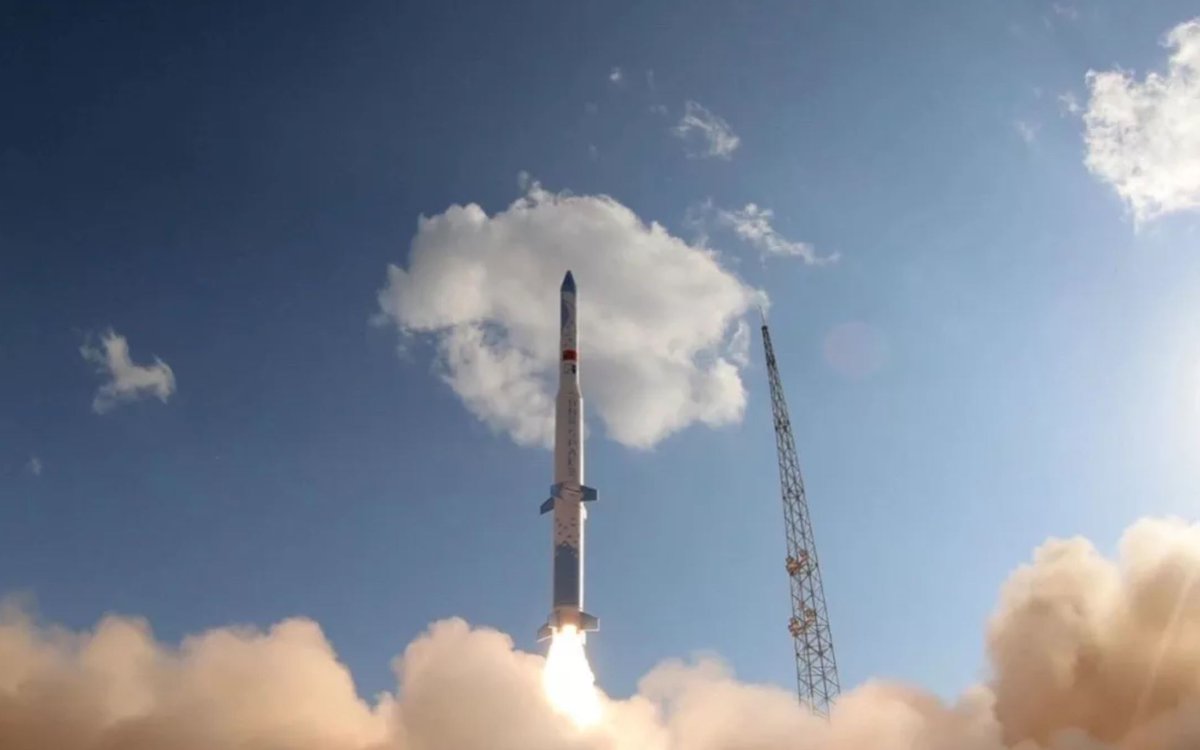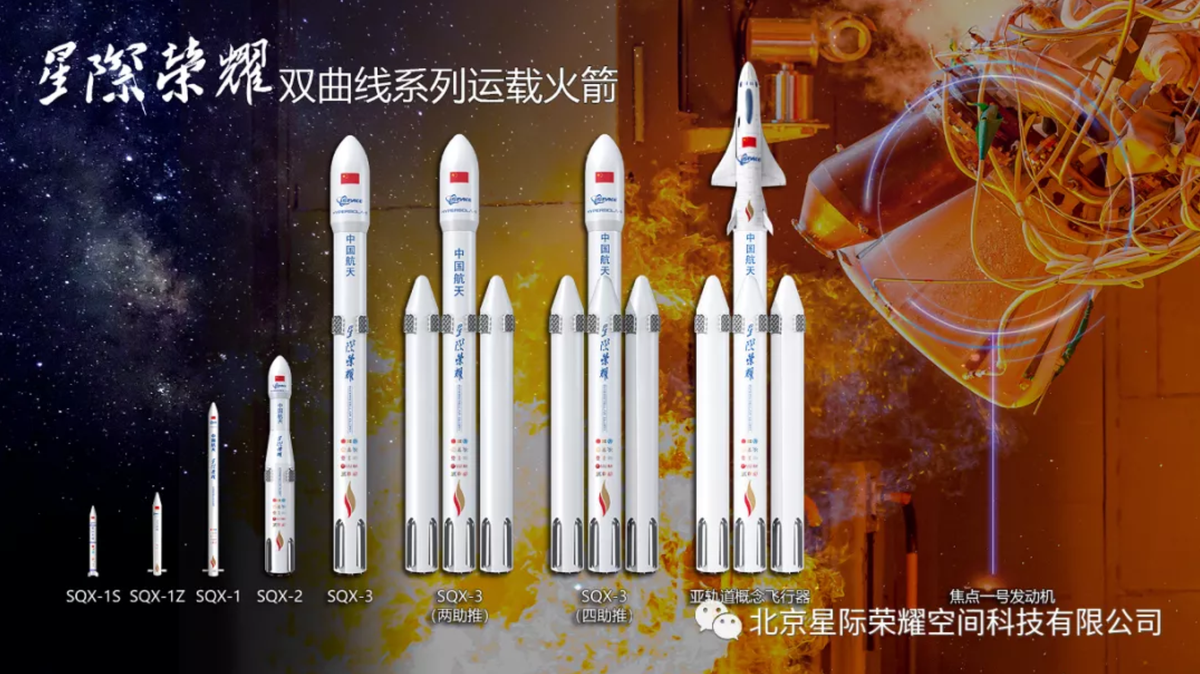A year ago today iSpace& #39;s Hyperbola-1 became the first Chinese private* rocket to successfully place a satellite in orbit. Since then, partly due to COVID-19, there have been no further attempts, but some companies are making progress. Footage: iSpace (1/8)
iSpace could still launch a further Hyperbola-1 solid rocket this year, while newcomer Galactic Energy is preparing to launch its first Ceres-1 rocket in August-September, as it stands. Image: Galactic Energy (2/8) https://spectrum.ieee.org/tech-talk/aerospace/space-flight/galactic-energy-prepares-ceres1-rocket-first-launch">https://spectrum.ieee.org/tech-talk...
OneSpace, which has made successful suborbital single-stage launches but failed with its orbital attempt in 2019, could make another solid rocket launch attempt this year. Image: OneSpace (3/8)
Linkspace, which has been working on a VTVL launcher and making incrementally larger demos, has gone quiet. Footage: Linkspace (4/8)
Landspace and iSpace are working on liquid methane-liquid oxygen launchers, expected to have test flights in 2021. These are developments to watch. Image: Landspace (5/8)
iSpace& #39;s hyperbola-2 is expected to have a first stage 100 km launch and landing test in H1 2021. They have plans to develop much larger, multi-core launchers...and even a space plane. Image: iSpace (6/8)
*Regarding the private nature of these firms, they have raised private capital, but also benefit from funds linked to SEOs/govt & a military-civil fusion national strategy. Naturally, they are staffed by former & #39;national team& #39; employees & engineers as well as young recruits (7/8)
Regardless, all of this is creating new, innovative launch capabilities and securing access to space and availability for China and providing opportunities for commercial actors, while also creating new supply chains. It& #39;s something to keep an eye on. Footage: CGST (8/8)

 Read on Twitter
Read on Twitter





